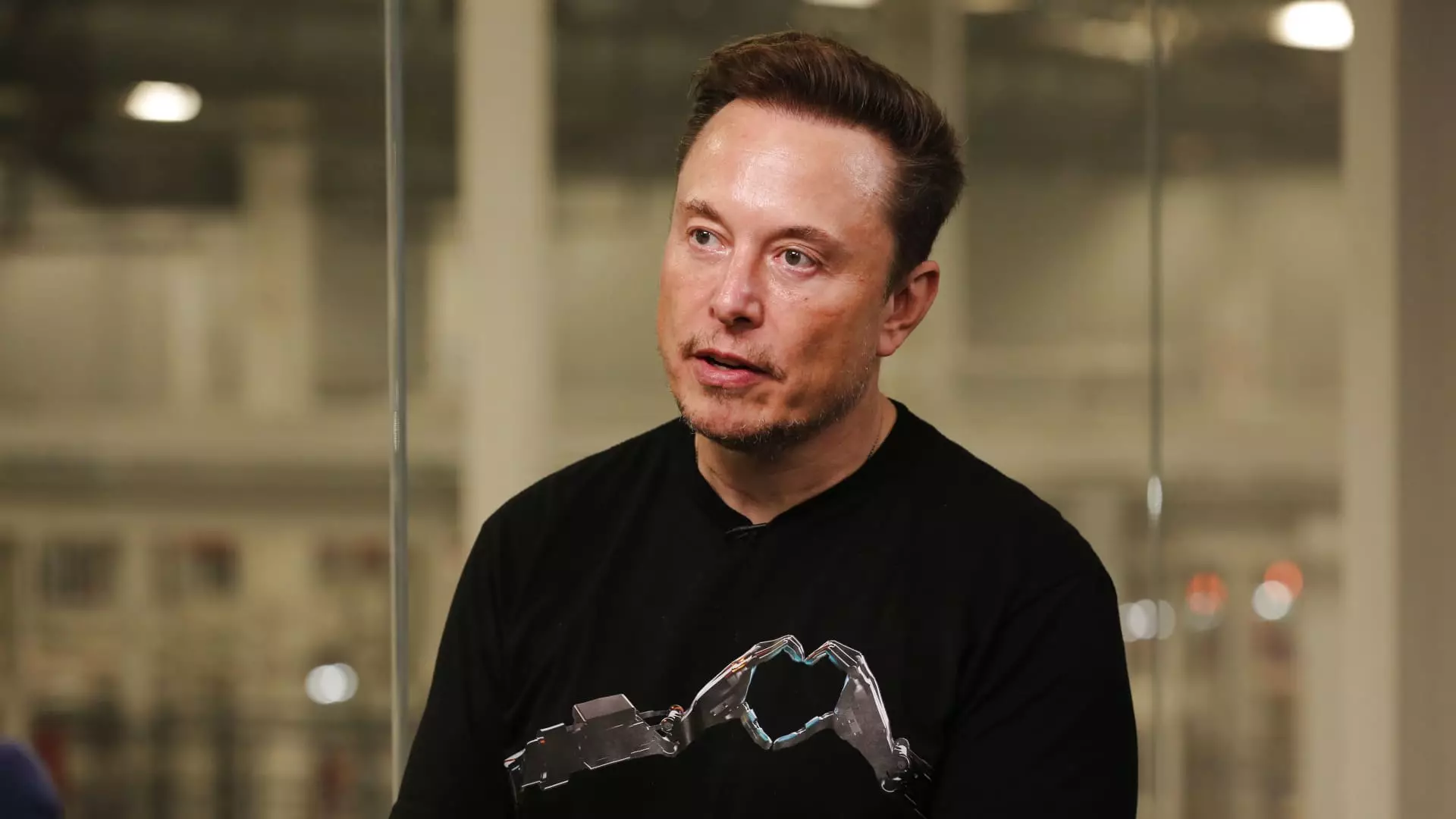The recent resignation of Marko Elez from the Department of Government Efficiency (DOGE) has ignited discussions surrounding social media ethics and the responsibilities of public officials. Elez, a member of the team led by tech mogul Elon Musk, departed after the Wall Street Journal questioned the White House about his alleged ties to a now-defunct social media account that propagated harmful ideologies, including racism and eugenics. This incident underscores the challenges faced by modern government, where the lines between personal opinions shared online and professional conduct are increasingly blurred.
The Wall Street Journal reported connections between Elez and an account on Musk’s platform, X, previously known as @marko_elez. This account espoused extreme views, claiming that marrying outside one’s ethnicity should be avoided and fostering negative sentiments towards certain demographic groups. In a tech world predominantly focused on inclusivity and diversity, such rhetoric stands in stark contrast to the values that many companies and institutions promote. Elez’s tweets, including calls for violence and sweeping dismissal of entire nations, highlight a troubling narrative that contradicts public values.
Elez’s resignation raises significant questions about due diligence in hiring practices and the vetting of personnel in government roles. Despite having been granted access to sensitive financial systems at the U.S. Treasury, his resignation illustrates the immediate consequences that can arise when public interest conflicts with personal actions. The White House confirmed that Elez resigned following media scrutiny, suggesting that the potential fallout from his online statements was untenable, even for a special government employee under Musk’s purview.
Government Responses and Accountability
In light of this situation, Treasury Secretary Scott Bessent defended the integrity of the DOGE team, asserting that they are comprised of highly trained professionals capable of executing their responsibilities effectively. However, the incident raises a compelling discussion about accountability within executive roles in government. Should government employees be subject to the same scrutiny and standards of behavior outside their professional duties that are expected within their lines of work? This resignation calls for an examination of existing policies that govern employees’ conduct, especially in the digital age, where personal opinions can have far-reaching consequences.
Moving Forward: The Need for Ethical Governance
As technology continues to advance and intertwine with our everyday lives, the expectations for ethical conduct among government officials must evolve. The situation involving Elez serves as a cautionary tale, highlighting the importance of ethical governance and the need for a thorough vetting process that encompasses an individual’s online presence. The incident has prompted a broader conversation about how social media can reflect on professional capabilities and the standards to which public servants must adhere. It advocates a shift towards a framework that emphasizes not merely competency but also ethical integrity, ensuring that government efficiency is not achieved at the expense of societal values.
The resignation of Marko Elez illustrates the complexities of modern governance and the pressing need to align individual actions with public accountability. As society navigates the digital landscape, the implications of online behavior must be a key consideration for all public servants.



Leave a Reply